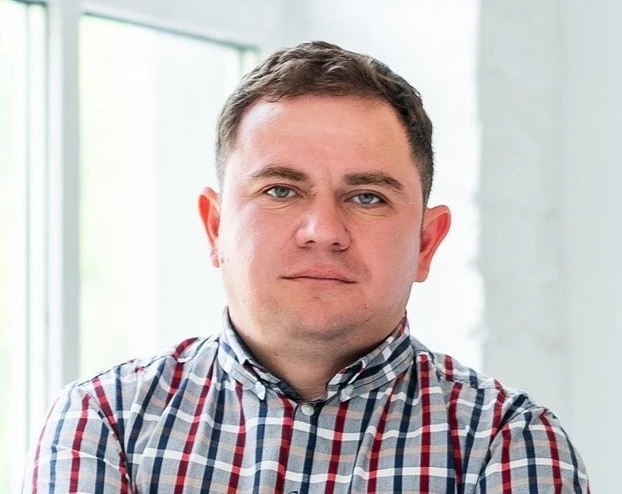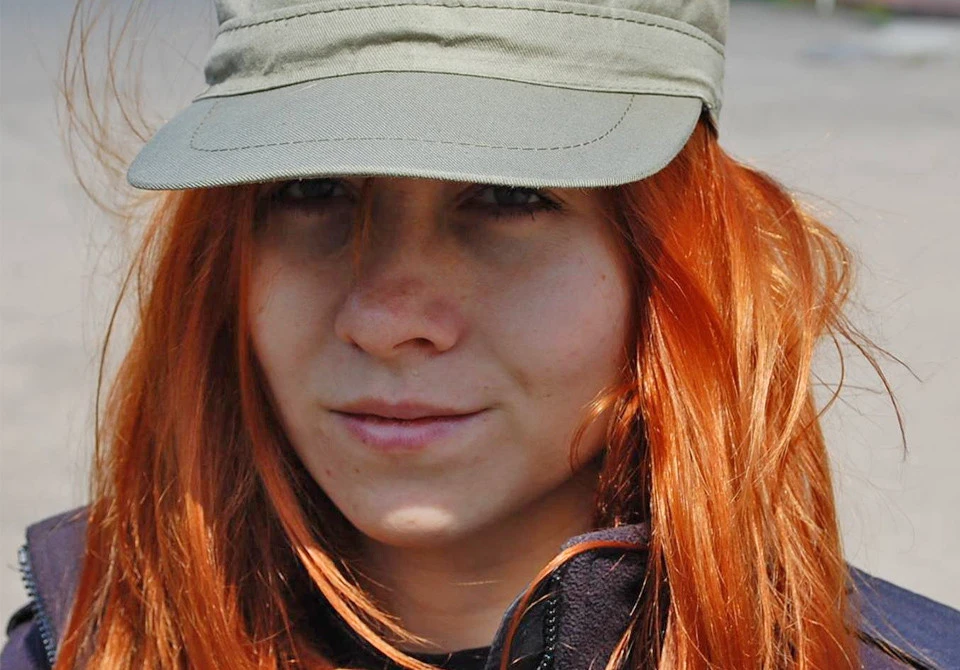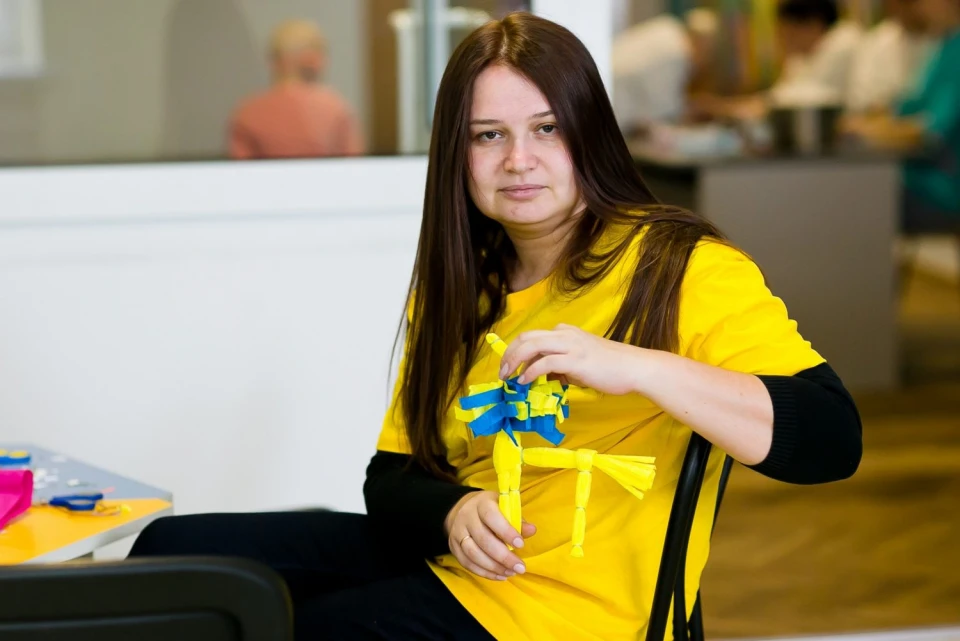
State profits while hindering support: volunteers expose obstacles to their efforts
December 5 marks International Volunteer Day. Ukrainian volunteers were among the first to step up and support the military at the start of the war with Russia in 2014. They continue to do so today with even greater dedication, taking on the additional task of aiding civilians following the full-scale invasion
Volunteers largely note that they’ve had to tackle tough challenges and find solutions, but the worst part is that after 10 years of war, the problems haven’t decreased, and the state is in no hurry to address them.
Espreso TV spoke with prominent volunteers from the Lviv region, asking each of them two questions: how their work has changed over the past year, considering new laws and regulations, particularly regarding customs rules, and what the government needs to do to make volunteering more effective and easier.
Government officials still struggle to be human

Yuriy Tanasiichuk, head of the volunteer fund April
The easiest way to answer these questions is to say that the state should just not interfere. But that’s a superficial response. If we look more deeply over the past year, there are fewer true volunteers for two reasons: some have had their opportunities to help the Ukrainian Armed Forces reduced due to circumstances, and others have been mobilized or voluntarily joined the military.
As for requests, they haven’t decreased; on the contrary, they’ve grown. In my opinion, the tasks have increased. I’ll talk about our fund: our income hasn’t decreased overall because we’ve built a stable environment where people share what they can, but the possibilities have shrunk because the costs of everything are rising.
Our fund focuses on three areas: drones of all types, vehicles, and a very narrow medical area related to evacuation to stabilization points. We can’t cover anything else. We have our own workshop, where we make strike and reconnaissance drones, which we send to the front free of charge, but we gather the funds to build them from donors. It’s very difficult, but we’re managing for now. The help is desperately needed to implement these projects.
As for the state, I won’t say it’s hard to interact with the government, but I also won’t say we do interact with them. We live separate lives. Volunteer funds have their own affairs, and the state has its own. I believe this is not the worst option. Let me explain why. The executive branches of government still haven’t learned to be human; they only know how to take photos and make videos for reports. For them, there is no real purpose in this interaction.
I also find part of the plebeian volunteering disgusting. Some people just take photos with items bought using taxpayers' money but present them as great initiatives by officials. Who needs this? So, I don’t see a field for interaction because I don’t see them becoming human.
For example, the Security Service of Ukraine has information on all volunteers. It would make sense to create a database of true volunteers and ask them: what's going on with customs, how are the Polish or Slovak sides operating, how is it possible to deliver and transport goods, and so on. There should be honest communication and a clear answer for volunteers about what the state can do and what it can’t.
Another example is the Shlyakh system. We don’t even submit applications anymore because we’ve received over 10 rejections from the administration. Out of dignity, we no longer submit these applications.
Volunteers struggle under sword of Damocles

Halyna Moroz, head of the NGO Help the Front.
Currently, donation rates and contributions are extremely low, practically at zero. It’s incredibly challenging to close fundraising campaigns. Projects that were previously feasible, like bulk purchases of equipment and devices for the Ukrainian Armed Forces, are now completely out of reach. We’re barely making ends meet. People haven’t become indifferent - they’ve just gotten used to the situation. Our organization has consistent donors who have developed the good habit of always donating. Some send us 500 UAH monthly, while others contribute up to 40,000 UAH. These regular donors are invaluable because their support allows us to plan ahead. On the other hand, situational donors tend to donate only during major offensives or significant victories.
Currently, some of our requests date back to summer, and we still can’t fulfill them. We do what we can. I know many smaller-scale volunteers have returned to their daily jobs, leaving only the larger funds operational. These larger organizations are the most effective, making purchases more efficiently.
The state can assist us, especially in matters concerning the import of humanitarian aid through 2024. Currently, there is a unified system for registering such aid, which all relevant authorities can access. However, issues arise with aid brought in earlier. For instance, we imported a vehicle in 2023 temporarily under our NGO. Now, a military unit wants to officially register the vehicle for their use but cannot do so. This is because, during martial law, vehicles registered under legal entities cannot be deregistered. As a result, the vehicle becomes "dead humanitarian aid," and we are unable to resolve the issue.
These nuances need to be addressed because they leave every volunteer under the sword of Damocles, unsure of how to handle these challenges.
Shocking state cynicism: taxing military and medical supplies during wartime

Nataliya Lipska, head of the NGO Wings of Hope
When it comes to volunteering, there are two different concepts – non-profit organizations, charitable foundations, and true volunteers. I mean people who give their time and effort to help others. For the latter, not much has changed in terms of legislation because they are helping through their work. The downside is the reduction in the number of volunteer centers. People have burned out, and something needs to be done to prevent this because it’s a long-distance race. These people should be treated more carefully. It’s important to take measures against burnout and say a small "thank you." Foundations can do a lot, but when you have a limited number of hands and huge tasks, it’s these true volunteers who are crucial. Resources are dwindling, but selfless work for the common good is still very much needed.
The other category is charitable aid. This is when people search for funds, resources, goods, bring them in, and deliver them for various needs. Here, we have many problems and challenges. Since 2014, and especially at the start of the full-scale invasion, people did everything necessary despite legislation that wasn’t well-suited for such activities, and despite personal risks.
Imagine this: all tactical medicine, when transferred to the military as personal goods, is still subject to taxation. In other words, when you hand over a first aid kit or a medical backpack, a tax is applied. These rules are still not simplified.
I am specifically working on this issue – the cancellation of taxes on charitable aid, as these items are still taxed. Every time I issue a combat medic’s backpack, I would have to pay a tax ranging from 6,000 to 12,000 UAH. It seems to me that this is a very cynical situation. We have faced tremendous resistance and have been trying to overcome it for 13 months, but each time we hear that something was done wrong.
And I don’t understand why, in 2024, we have to prove that antennas, masts, electronic warfare systems, first aid kits, backpacks, medical supplies, vehicles – all these things should not be taxed. I am shocked by the cynicism of the state on this issue.
You’re sitting in a trench, the state hasn’t given you anything, but volunteers brought it to you, and now you have to pay a tax.
When it’s transferred by an NGO or a charity, the state has imposed the tax on us, which is already cynical, but when a soldier collects funds or his wife donates money to his card, the soldier has to pay the tax. Can you imagine the depth of cynicism?
The soldiers will return and be told, “You’ve received so much, now pay hundreds of thousands of hryvnias in taxes.” And the most disgusting part is that we’re still forced to prove that this shouldn’t be the case. I don’t know what’s going through the minds of the Ministry of Finance employees. Sometimes it feels like giving up. If the Ministry doesn’t approve this soon, we’ll take a very hard stance in our communication.
- News











































